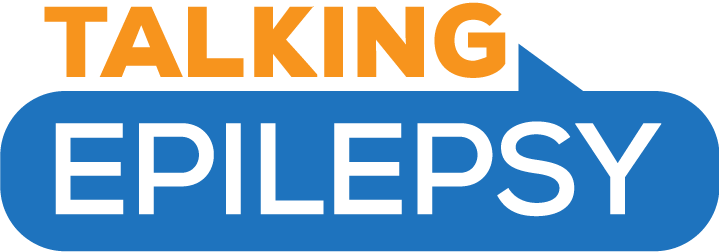Curing Epilepsy With AI? Algorithm Detects Key Brain Anomalies
As reported in Science Daily, researchers at University College of London have found that AI vision scanning of MRIs can help detect brain anomalies associated with epileptic seizures:
“The Multicentre Epilepsy Lesion Detection project (MELD) used over 1,000 patient MRI scans from 22 global epilepsy centres to develop the algorithm, which provides reports of where abnormalities are in cases of drug-resistant focal cortical dysplasia (FCD) — a leading cause of epilepsy.
FCDs are areas of the brain that have developed abnormally and often cause drug-resistant epilepsy. It is typically treated with surgery, however identifying the lesions from an MRI is an ongoing challenge for clinicians, as MRI scans in FCDs can look normal.
To develop the algorithm, the team quantified cortical features from the MRI scans, such as how thick or folded the cortex/brain surface was, and used around 300,000 locations across the brain.
Researchers then trained the algorithm on examples labelled by expert radiologists as either being a healthy brain or having FCD — dependant on their patterns and features.
The findings, published in Brain, found that overall the algorithm was able to detect the FCD in 67% of cases in the cohort (538 participants).
Previously, 178 of the participants had been considered MRI negative, which means that radiologists had been unable to find the abnormality — yet the MELD algorithm was able to identify the FCD in 63% of these cases.
Co-senior author, Dr Konrad Wagstyl (UCL Queen Square Institute of Neurology) explained: “This algorithm could help to find more of these hidden lesions in children and adults with epilepsy, and enable more patients with epilepsy to be considered for brain surgery that could cure the epilepsy and improve their cognitive development. Roughly 440 children per year could benefit from epilepsy surgery in England.”
Continue Reading at Science Daily…

